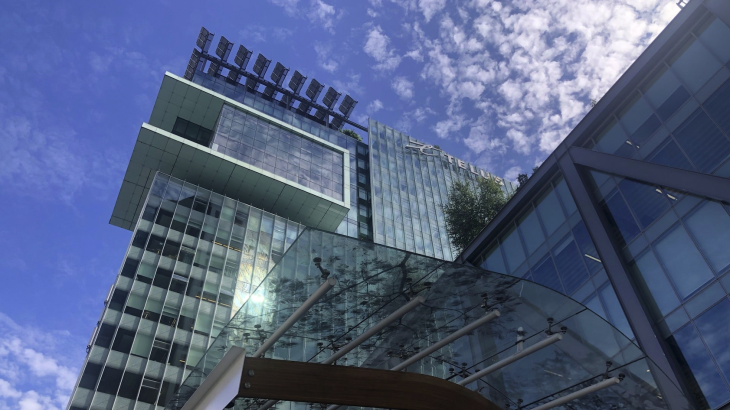
By Ahmad Hathout
Telus is proposing an additional recurring charge for the implementation of a new feature for its next-generation 911 system that will allow smartphones to provide more accurate location information to emergency dispatchers.
The Emergency Location Service (ELS) is a Google location service that allows Android-based devices – relying heavily on Wi-Fi sensors, but also using GPS and cell towers – to provide enhanced location data directly from the device to the public safety answering point (PSAP) where 911 calls are received. The result, it is said, is accuracy, speed and reliability of location information for emergency calls.
The ELS is a new technology known as Advanced Mobile Location (AML), which the CRTC requires as part of the new 911 system that will allow distressed callers to send texts and multimedia files to dispatchers. The legacy telcos Telus and Bell were directed by the commission as aggregators for the ELS system, which means they must test and reconfigure the new 911 system to provision the ELS technology to wireless service providers (WSPs).
In a tariff filing made public this month, Telus is proposing that the CRTC allow it to tack on a recurring wholesale surcharge of $0.0073 per wireless network access for aggregating the ELS to facilities-based WSPs operating in the Vancouver-based telecom’s operating territories in British Columbia, Alberta and Quebec.
“Currently, the wireless network access counts provided by [originating network providers] do not differentiate the operating systems of end users’ devices (e.g. iOS or Android),” Telus said in its justification. “Although there are some ways to identify the operating systems of end users’ devices, there is no way to accurately identify all Android end users.”
Telus argues the surcharge, which would apply on top of provincial and NG911 rates, is needed to “maintain operational efficiency.
“Counting Android devices only for the purpose of calculating ELS surcharge is not recommended because it would greatly increase the complexity and administrative efforts associated with the calculation of 9-1-1 monthly charges for all ONPs and TELUS but the resulting Android counts would not be completely accurate,” Telus added.
Telus is proposing to add the surcharge starting April 30, the date on which the CRTC directed the telcos to provision the ELS service at full scale. The NG911 system is scheduled to be completely phased in by March 2025.
Telus did not get back in time for publishing about Apple’s iOS devices.


